When navigating the complex terrain of commercial driving requirements, the question of whether a Commercial Driver’s License (CDL) is needed for operating a dump trailer often arises. Understanding the nuanced regulations governing this area is crucial for potential operators, whether you are considering entering the business of hauling materials or transporting heavy loads. This detailed guide will provide essential insights into CDL requirements for dump trailer operation, helping you make informed decisions while enhancing your operational compliance.
Understanding Dump Trailers
What is a Dump Trailer?
A dump trailer is a trailer that is equipped with a hydraulic lift system, allowing it to raise its bed to unload materials quickly and efficiently. Commonly used in construction, landscaping, and waste management, dump trailers come in various sizes and load capacities, making them versatile for multiple applications.

Types of Dump Trailers
| Type | Description |
|---|---|
| Single Axle Dump Trailer | Ideal for smaller loads, lighter construction duties, and residential use. |
| Tandem Axle Dump Trailer | Offers greater stability and capacity for heavier loads; suitable for commercial use. |
| Tri-Axle Dump Trailer | Designed for the heaviest materials; often required for serious construction projects. |
| Gooseneck Dump Trailer | Provides enhanced maneuverability and better weight distribution; excellent for uneven terrains. |
Key Characteristics
- Payload Capacity: Ranges from 5,000 to over 30,000 pounds depending on design.
- Materials: Constructed from steel or aluminum, prioritizing durability and weight considerations.
- Hydraulics: The lifting mechanism typically powered by hydraulic systems for efficient unloading.
CDL Requirements for Dump Trailers

Federal Regulations
The Federal Motor Carrier Safety Administration (FMCSA) establishes regulations for commercial vehicle drivers. Here are the key considerations in determining whether a CDL is necessary to operate a dump trailer:
- Gross Vehicle Weight Rating (GVWR):
- If the combined weight of the dump trailer and the towing vehicle exceeds 26,000 pounds, a CDL is generally required.
- Class of CDL:
- Class A: Required for towing trailers over 10,000 pounds GVWR.
- Class B: Appropriate for single vehicles with GVWR over 26,000 pounds that do not tow heavy trailers.
- Class C: For vehicles designed to transport 16 or more passengers or hazardous materials.
State Regulations
In addition to federal regulations, individual states may have their own specific regulations regarding the operation of dump trailers. It’s essential to consult your local Department of Motor Vehicles (DMV) or equivalent authority to confirm the requirements applicable in your region.
Exception Scenarios
While many circumstances necessitate the need for a CDL, there are particular scenarios where one might operate a dump trailer without a commercial license:
- Personal Use: If the dump trailer is utilized for non-commercial, personal purposes and does not meet the GVWR thresholds.
- In-State Travel: Some states have different rules for in-state vehicle regulation, which may not require a CDL under certain conditions.
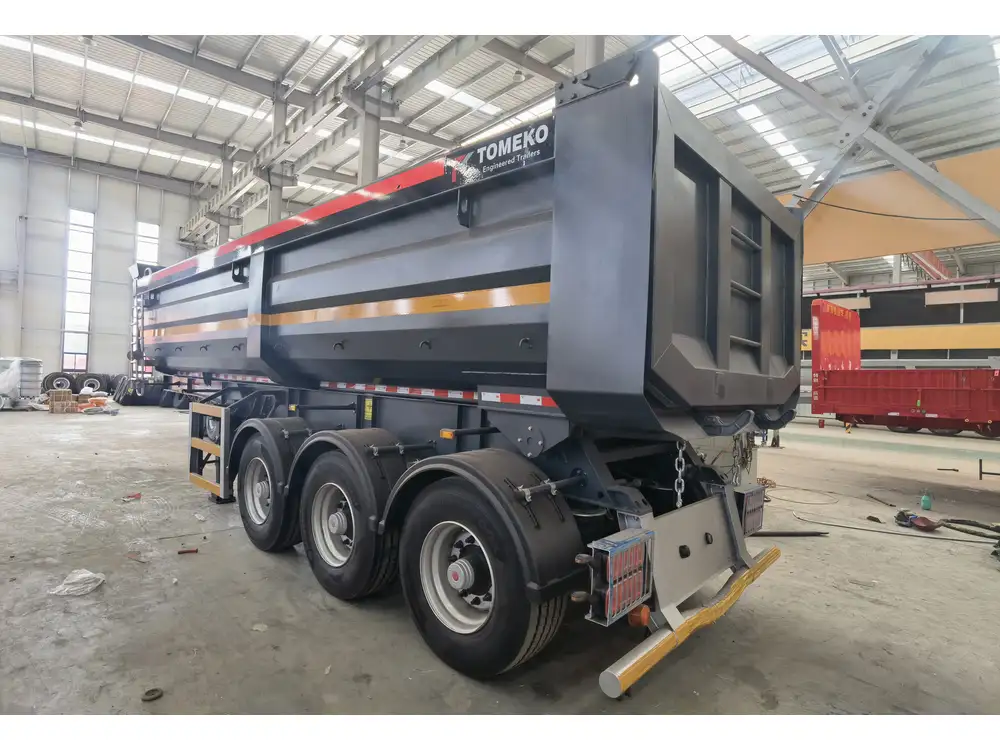
The Importance of Having a CDL
Operating a dump trailer without the required licensing can lead to severe legal ramifications, including hefty fines and potential liabilities in case of accidents. Here are the primary reasons to consider obtaining a CDL if you plan to operate a dump trailer:
- Legal Compliance: Adhering to state and federal regulations protects against legal complications and ensures operational legitimacy.
- Safety Training: CDL training includes comprehensive safety protocols and operational skills crucial for maintaining safe driving practices.
- Insurance Benefits: Proper licensing can potentially lead to lower insurance rates, as it indicates a level of professionalism and responsibility.
Benefits of Operating with a CDL
The decision to secure a CDL offers numerous advantages for dump trailer operators:
Enhanced Job Opportunities
Having a CDL opens doors to a wider array of job possibilities within the transport and logistics sectors. Employers often seek licensed drivers for their peace of mind regarding safety standards.
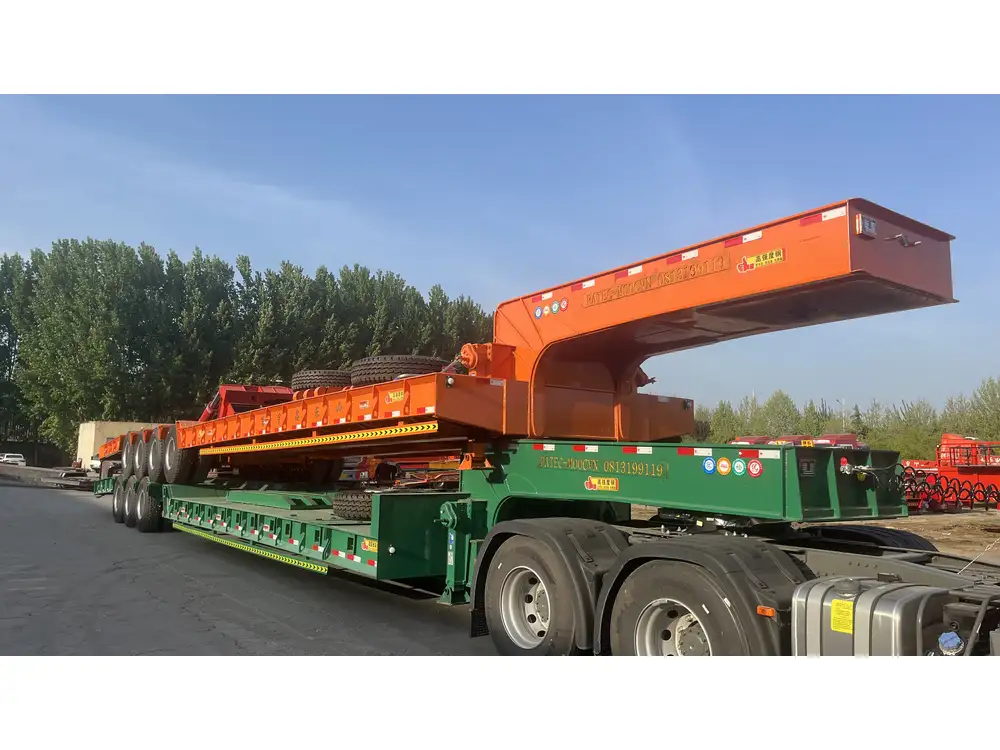
Higher Earning Potential
Drivers with a CDL typically enjoy higher wages and better benefits compared to those without. The skills and certifications demonstrate expertise, making licensed drivers more competitive in the job market.
Operating Privileges
A valid CDL not only empowers you to operate dump trailers but also grants access to a wider range of commercial vehicles, broadening your career scope.
Safety and Efficiency
CDL training emphasizes safety protocols and operational efficiency, which are vital in potentially high-risk environments such as construction sites and busy highways.

Steps to Obtain a CDL
Research Requirements
Begin by researching the specific requirements for acquiring a CDL in your state, as regulations can differ widely.
Complete Pre-Application
Several states require a pre-application, where you provide necessary identification and background information.
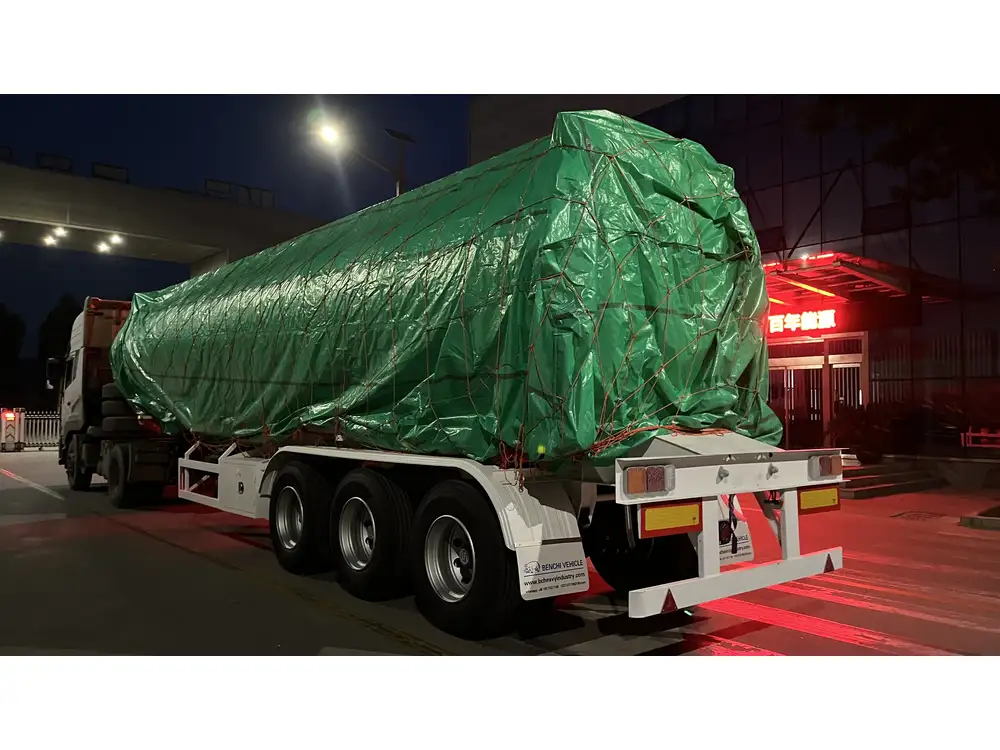
Pass the Written Knowledge Test
All applicants must pass a written examination to validate their understanding of traffic laws, safety regulations, and operating procedures.
Complete a Driving Test
Practical driving tests evaluate the candidate’s proficiency in operating the vehicle under various scenarios, often including maneuvers specific to the type of vehicle you intend to drive.
Pay Fees
Fees vary by state and can range significantly based on the class of the CDL you are applying for.
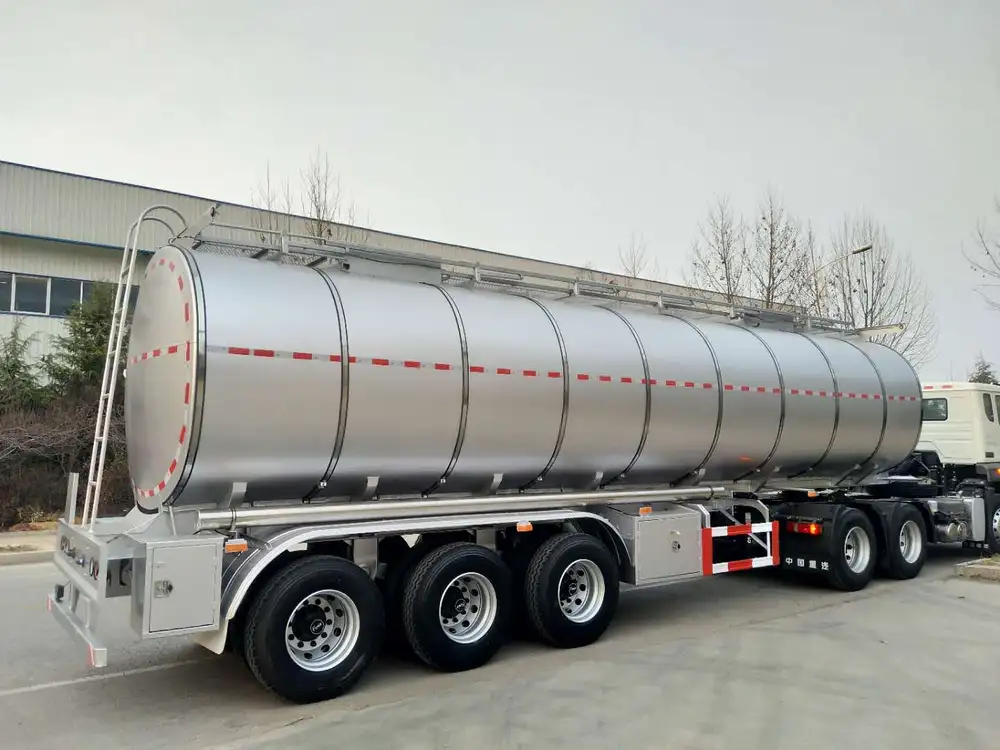
Considerations for Operating a Dump Trailer
Choosing the Right Dump Trailer
Selecting an appropriate dump trailer entails understanding your specific needs, budget, and the vehicle you plan to use for towing. Evaluating different brands, sizes, and features can help streamline your decision.
Maintaining Safety on the Road
Operating a dump trailer requires vigilance regarding safety. Essential practices include:
- Regular Inspections: Conduct thorough checks on the tow vehicle, trailer brakes, and hydraulic systems.
- Load Management: Properly distributing weight inside the trailer is critical for maintaining stability during transport.
- Securing Loads: Ensuring that loads are secured adequately prevents accidents and material spillage on the road.
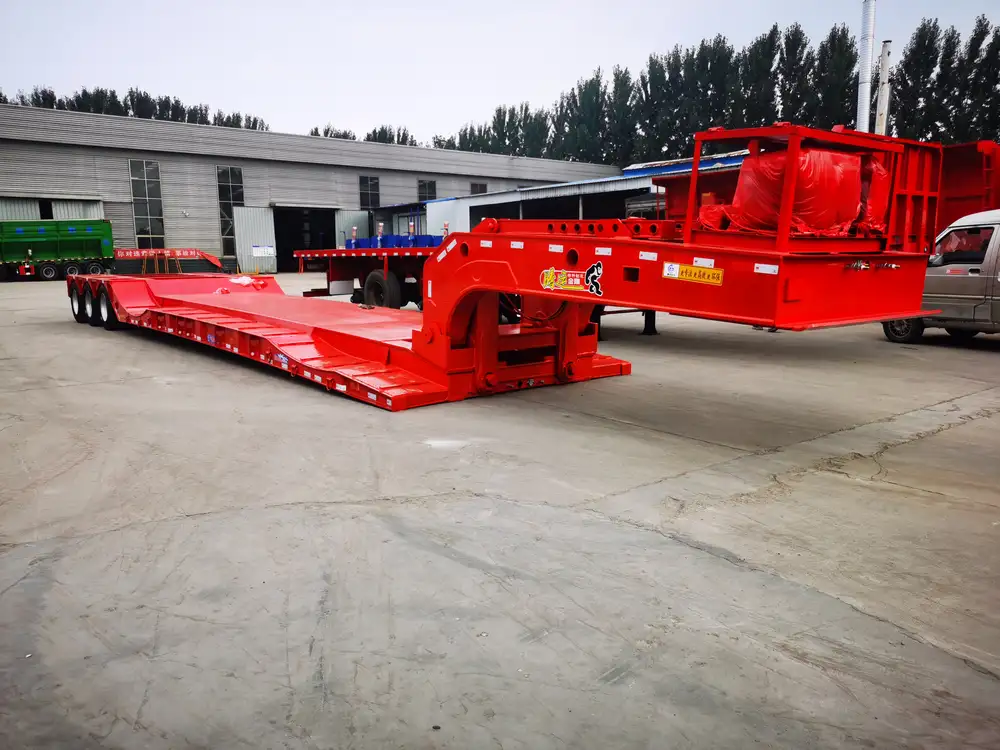
Insurance Considerations
Understanding your insurance requirements can save you significant financial consequences in the event of an accident. Engage with reputable providers to find policies that fit your operational needs and cover your vehicles comprehensively.
Frequently Asked Questions
What is the weight requirement for needing a CDL for a dump trailer?
As a general rule, if your combination of vehicle and trailer exceeds 26,000 pounds in total weight, you will require a CDL, particularly if the trailer itself has a GVWR of more than 10,000 pounds.

Can I drive a dump trailer with just a regular driver’s license?
If your dump trailer is below the weight threshold specified within your state regulations and is used for personal, non-commercial purposes, a standard driver’s license may suffice. However, for commercial applications, a CDL is typically necessary.
Will I need any endorsements for a CDL to operate a dump trailer?
In most cases, no additional endorsements are required specifically for driving a dump trailer. However, if you plan to haul hazardous materials or operate vehicles requiring additional skills or knowledge, endorsements such as HAZMAT may apply.
Conclusion
In summary, whether or not you require a CDL for operating a dump trailer hinges upon several critical factors, including the weight capacity of the vehicle and trailer, the context of use, and state regulations. Acquiring your CDL presents not only legal compliance benefits but also opens avenues for better job opportunities and higher earning potential in the commercial driving sector.
Being well-informed and understanding the nuances surrounding these regulations can significantly impact your operational success. Should you choose to pursue your CDL and take the next step toward safely and legally operating a dump trailer, you will be poised to navigate this rewarding field with confidence and expertise.



